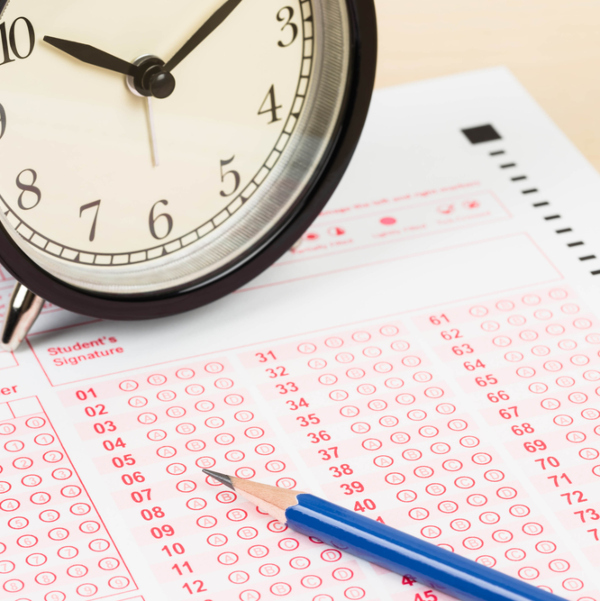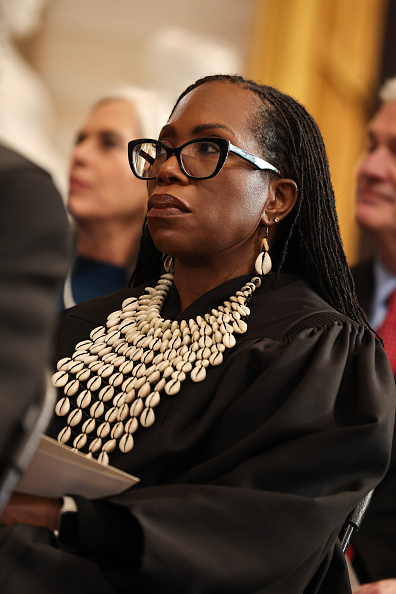ABA legal ed council delays decision on stricter bar-passage standards

Image from Shutterstock
The ABA’s legal education council has delayed a decision on whether to implement a stricter bar passage standard for accredited law schools, prolonging a yearslong debate of the hot-button issue.
On Friday, during a meeting in Marina del Rey, California, the council of the Section of Legal Education and Admissions to the Bar announced it would defer acting on the proposed change and take up the issue again during its next meeting, scheduled for May 16-18 in Chicago. The proposed bar passage change, which has been under consideration for years, would require 75 percent of a school’s bar takers to pass within two years of graduation, rather than the five years allowed under the current Standard 316.
Advocates have said the change is needed because the current standard is too easy to comply with and does not provide enough consumer protection.
But the ABA House of Delegates denied approval of the revised standard twice, most recently at the Midyear Meeting in Las Vegas last month. Members of the House voiced concerns about the impact a stricter standard would have on diversity in the profession and on schools in states such as California that have high cut scores on their bar exams.
However, the council is now in position to take final action on the standard without needing to return to the House.
Nevertheless, at Friday’s meeting Vice Chair Scott Bales proposed delaying action in part because of the debate in the House.
“I expect the council collectively would value the opportunity to consider those statements and reflect upon them a bit before we decide what to do,” said Bales, chief justice of the Arizona Supreme Court.
Bales’s motion to defer action was unanimously approved by voice vote.
Maureen A. O’Rourke, the council’s immediate past chair, suggested council members and ABA staff do far more than review the House debate prior to the council’s May 16-18 meeting in Chicago.
She requested staff draft a guidance memo detailing how the ABA would enforce a revised Standard 316. In particular, O’Rourke said the memo should make clear that no school could use efforts to comply with the bar passage standard as an excuse not to enroll a diverse class.
“The notion that the council doesn’t care about diversity in the profession is just not the case,” said O’Rourke, a professor and former dean at Boston University School of Law. “But perception matters, and there seems to be that perception.”
Some council members said they would also like to address calls for the council to increase transparency and collaboration in its decision-making as highlighted in a Feb. 20 memo from the Clinical Legal Education Association and the Society of American Law Teachers.
Barry Currier, the ABA’s managing director of accreditation and legal education, said in a statement after Friday’s discussion that the council’s “commitment to work with others in the legal education community and the profession on these important matters will continue unabated and undiminished.”
“The council appreciates and respects the concerns expressed related to these revisions over the past several years, including recently by the ABA House of Delegates,” Currier said in a statement.
“The council is pleased that the data it has recently collected and evaluated show both that graduates of ABA-approved law schools, in the aggregate, are succeeding on the bar examination at a high rate, approaching 90 percent, in the two years following their graduation; and that ABA-approved law schools are overwhelmingly performing above what the revised standard would require,” Currier continued.
For 2015 law graduates, 19 of 202 ABA-accredited schools did not have bar-pass rates in compliance with the proposed new standard, according to ABA data. No school is known to have been out of compliance with the current version of Standard 316.
Besides shortening the time period for compliance, the proposed revision would eliminate the option for schools to comply if their first-time bar pass rates are within 15 percentage points of the average in their jurisdiction. In addition, schools would have to make their best effort to report the bar results of all graduates, rather than for only 70 percent of a graduating class.
Meanwhile, the council also supported taking an initial step in examining whether it should regulate non-JD programs, which have grown rapidly in recent years.
The ABA currently only reviews whether the programs would negatively interfere with a school’s JD program. If they do not, the ABA “acquiesces” in allowing a law school to launch non-JD offerings.
Currier suggested the council review the topic because there are now 750 non-JD programs and more than 18,000 students at ABA law schools are enrolled in them, which is more than 14 percent of all students studying at those institutions.
“There is absolutely zero review of the quality of those programs,” Currier told the council. “To an extent, we are one bad news story away from this being another real problem for legal education.”
A few council members will work with ABA staff to develop a proposal for a working group that would focus on whether the ABA should regulate non-JD programs. A formal proposal could be brought forward at the council’s May meeting.
“If we go this route, it is an intensive, long and complicated process,” said council chair Jeffrey Lewis. “I certainly think it is worthy of beginning to look at, and looking at it carefully.”
Lyle Moran is a San Diego-based freelance reporter who specializes in legal issues. He has previously reported for the Associated Press, Los Angeles Daily Journal, San Diego Daily Transcript and the Lowell Sun.
Write a letter to the editor, share a story tip or update, or report an error.


